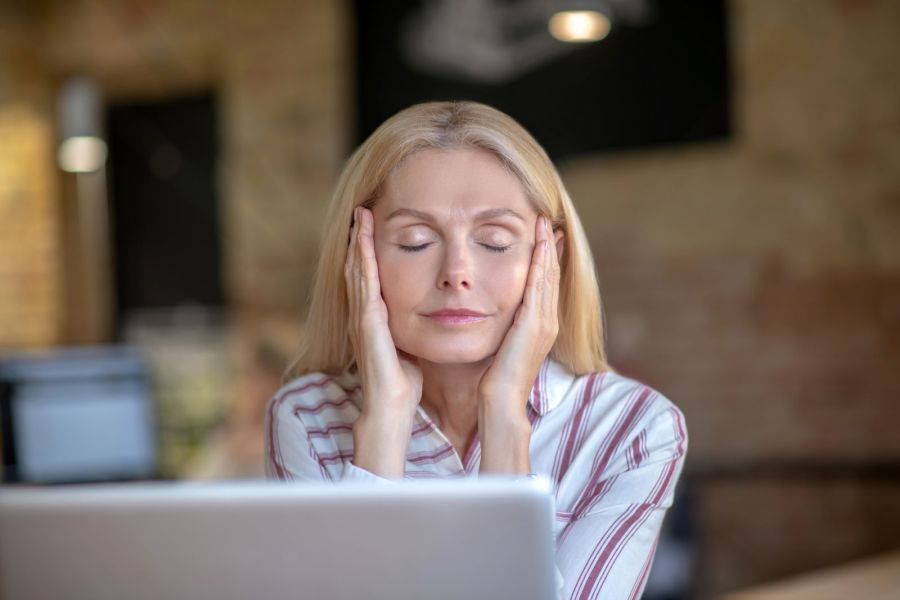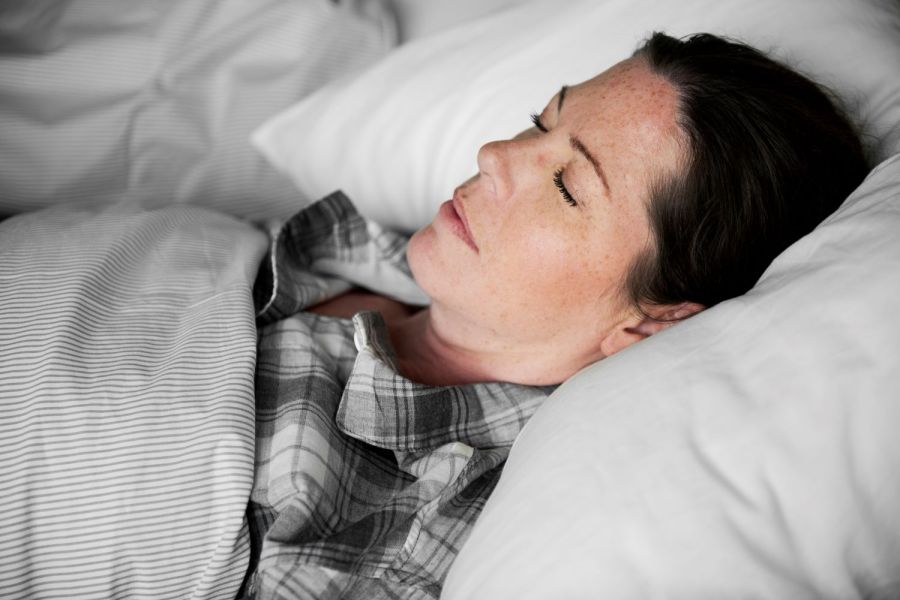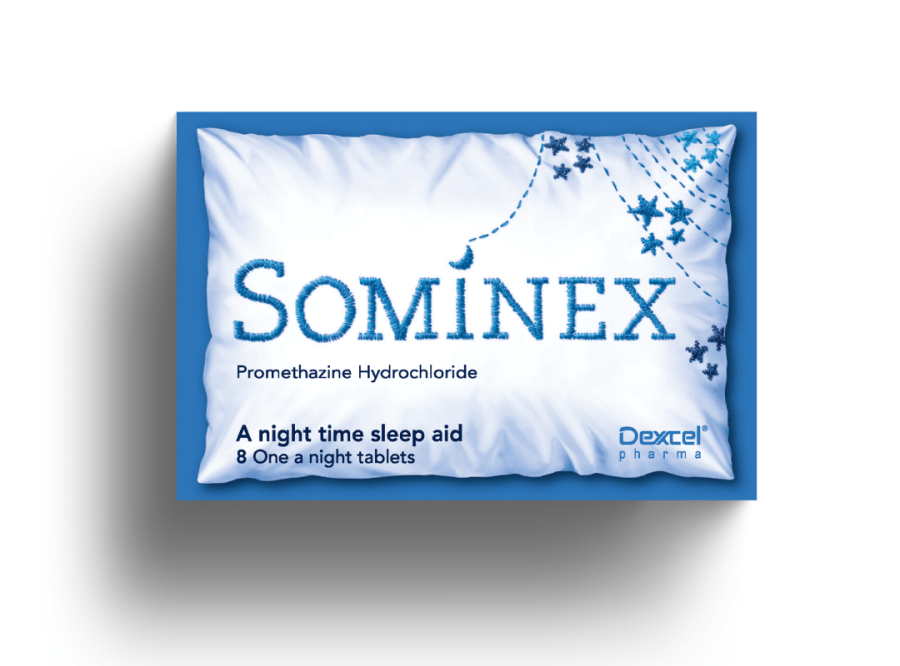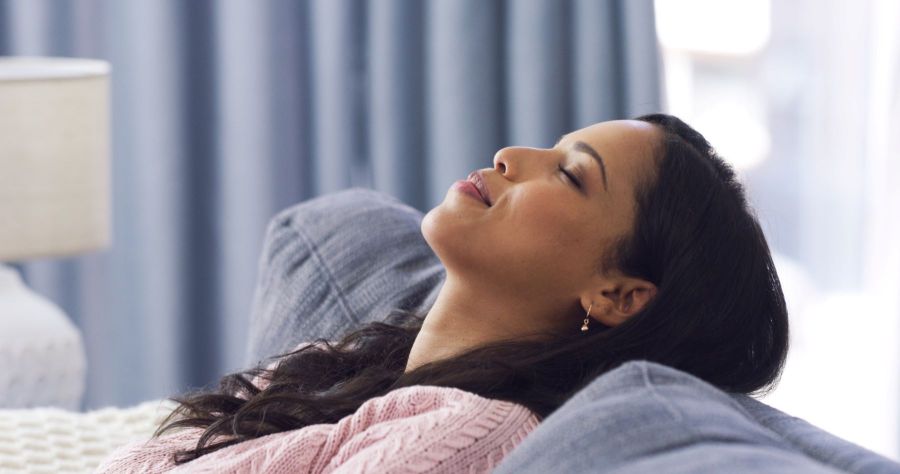Advertorial promotion
Find the help you need to navigate menopause and sleep disruption.
If you’ve found yourself tossing and turning more often since entering perimenopause or menopause, you’re not alone. In fact, sleep disruption is one of the most common symptoms women report during this life stage — affecting both quality of sleep and energy levels. From hot flushes and night sweats to anxiety and frequent nighttime waking, hormonal shifts during menopause can impact sleep in ways that can be frustrating and exhausting. In fact, research suggests up to 50% of women experience significant problems with their sleep due to hormonal changes during menopause.

SLEEP SCIENCE
But what’s going on beneath the surface? In your pre-menopausal years, hormones like oestrogen, progesterone, cortisol, and melatonin work together to support a more consistent sleep rhythm. As these hormone levels begin to decline and fluctuate with menopause, the balance can be disrupted, leading to sleep challenges.
OESTROGEN plays a role in helping to regulate body temperature, supporting REM sleep, and even helping us fall asleep faster and wake less often. Its decline is linked with vasomotor symptoms like hot flushes and palpitations, which affect 60-80% of menopausal women. These symptoms can interrupt sleep, and some research suggests they can be triggered by waking.
PROGESTERONE, also known as the “relaxation hormone”, supports restful breathing. When levels of progesterone drop, the risk of sleep apnoea — pauses in breathing that affect around 20% of menopausal women — increases.
MELATONIN, which is the sleep-wake regulator, naturally declines with age and particularly during menopause. At the same time, CORTISOL, your stress hormone, can spike after a hot flush, sometimes making it hard to fall back asleep.
More frequent nighttime bathroom trips, or NOCTURIA, are another common complaint. As oestrogen levels fall, bladder capacity can shrink and overactivity may increase.

SO, WHAT CAN HELP?
From wearing sleepwear made of breathable fabric, such as cotton or linen, to reducing stimulants before bedtime and sticking to a calming nighttime routine, simple lifestyle changes can support better sleep during menopause:
- Keep your bedroom cool and well-ventilated.
- Create a consistent wind-down ritual such as a warm bath, gentle stretching, or mindfulness.
- Avoid spicy meals, caffeine, and alcohol in the evening.
- Swap screens for a relaxing podcast or a good book.

SLEEP SUPPORT
If sleep hygiene isn’t enough, it might be time to seek support. Speak to your pharmacist or GP for guidance.
Sominex (for adults and those aged 16+) is designed for short-term use (seven days) to correct temporary disturbances of sleep pattern. Sominex’s active ingredient promethazine hydrochloride is an antihistamine that has a sedative effective. It can help to restore normal sleep pattern if there’s difficulty going to sleep or staying asleep. Sominex tablets are fast-acting and start to work within 15-30 minutes. Find out more at sominex.co.uk.
CONTAINS PROMETHAZINE. ALWAYS READ THE LABEL.







